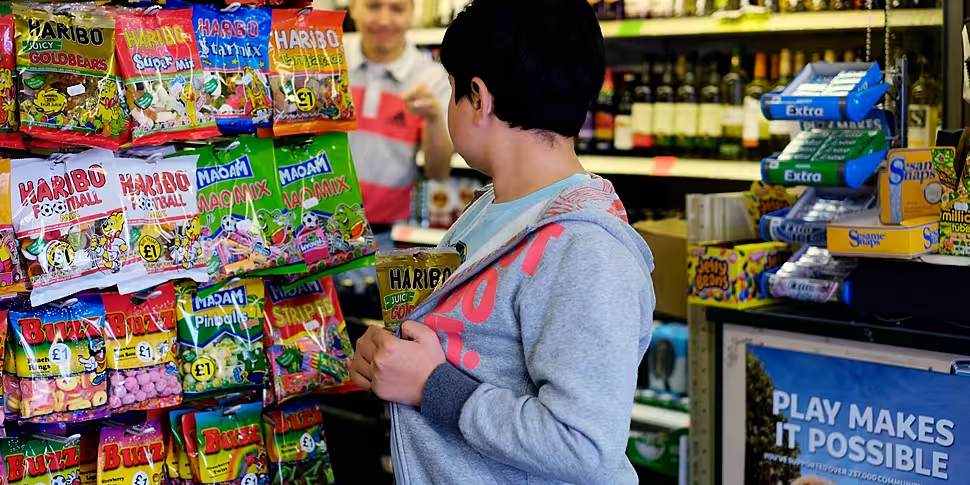On this week's 'Parenting' segment on the Moncrieff show, one listener sought advice about what to do with her teenager who stole something from a shop.
Joanna Fortune, psychotherapist specialising in Child & Adult Psychotherapy, joined Moncrieff to answer this and other listeners' questions.
The question:
“My 14-year-old came home from a football trip on Sunday that the whole team were on.
“They had a bonding day at an adventure centre and then food in a shopping centre afterwards.
“I sent him off with 20 quid for food as everything else was paid for.
“When they all came home and hopped off the bus, they were all wearing these brand new football jerseys.
“I knew he didn’t have money for it, so when I asked where they got them from he told me after a lot of questioning - he told me that he stole it.
“That they all did and he just went along with what his friends were doing.
“I couldn’t believe it; I never thought he would do that and follow the herd like that too.
“The adults on the trip assumed they were all bought and thought nothing of all these kids with brand new outfits.
“I took him back to the shopping centre the next day, made him apologise and thankfully the store manager didn’t take matters further.
“I really wonder does he realise how serious it is to shoplift, seeing as he was so easily swayed?.. How should I talk to him about it and make sure the messaging stick?”
Joanna’s response:
“I could not count the amount of times I hear this question in my work… Stealing is the behaviour that can really trip a parent up.
“It can be, ‘My child, I can’t believe they did this?! I raised them better.’
“Because as parents, it’s the one of the things that we feel is a reflection on us - as much as our children.
“So, it can activate a very strong reaction… As parents we can feel, ‘Why would they steal? We give them everything that they need and a whole lot of what they want’ - and I wonder, is that partly the issue?
“If children can be so used to getting so much and it’s given to them… not all kids have an appreciation that that money has to be earned.
“It can breed a sense of entitlement. So, ‘I want it, I must have it’ comes in and, just to kind of go through the steps of how quick this can happen, it can be a sense of, ‘When I want something, I want it a lot.’
“So, immediately there’s increased importance in [their] desires… If [they] enter into entitlement, then not having it is actually ‘unfair’.
“So, then [they] get a self-righteous stance that translates into, ‘Getting what I feel entitled to and if I don’t there’s an injustice against me - so what?’
“It can be infuriating... You did the right thing, the manager was clearly very decent about it considering they clearly got fleeced by a whole busload of kids that day.
“The club I think also need to deal with this because they had a group of kids, a cohort of that group at least, engaged in this behaviour while under supervision of the club.
“I’m not saying the club are responsible, it's their fault, I’m saying the club have a club issue with their players… I do think those kids should be encouraged to do something at a community level to give back in response to what they took.
She added, “If the community Guard would come and have a conversation - again it’s about just hammering home the seriousness of this [and] that there was an implication.
“He’s 14, it’s super hard to get 14-year-olds jobs during the long summer holiday but find jobs for him to do.
“Even if it’s mowing the lawns of all the neighbours or whatever it might be, chores at home and encourage him to get into volunteering.
“Don’t force him because people don’t need a very reluctant grumpy teenager in their organisation… If he’s into sports, maybe he could volunteer at some of the summer camps with younger kids and do some coaching.
“And I really do think you should have a conversation with him… owning your feeling, ‘I was shocked, I was really hurt, I was so disappointed.’
“Tell him how disappointed you were and why and that it was very hard for you to bring him to that shop and have to say what he did and to name that.
“You don’t want to go on and on and on, he has to be allowed to make [up] for this, learn from it and move forward - but so do you.
“And if you’re not convinced he has in how quick he’s moved on, then there’s more of this conversation to be had.”









